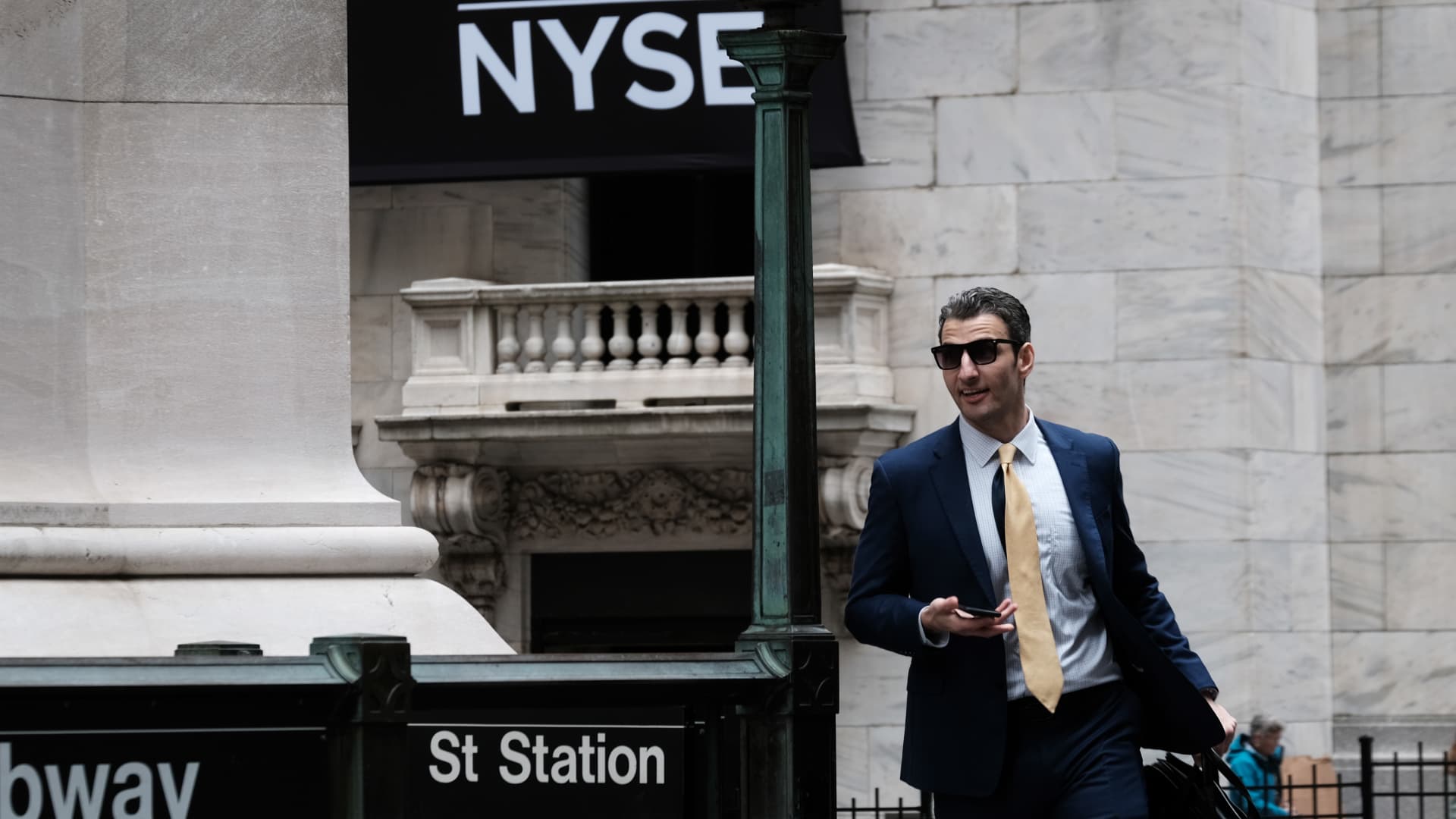
The six conservative justices on the Supreme Court ruled that President Joe Biden’s student loan debt forgiveness plan is unconstitutional on Friday.
The 6-3 decision written by Chief Justice John Roberts means that the 26 million Americans who signed up for the debt forgiveness program will no longer have their debt partially or fully wiped away.
Biden announced his plan to forgive up to $20,000 in student loan debt for more than 40 million loan holders in August 2022. The plan authorized $20,000 in relief to Pell Grant recipients and $10,000 in relief to other borrowers who made less than $125,000 a year in 2020 or 2021. In authorizing the forgiveness plan, Biden cited his authority under the 2003 HEROES Act, passed in the wake of 9/11, to “waive” or “modify” student loan debt terms during a national emergency ― in this case, the COVID-19 pandemic.
But the court disagreed. Roberts’ opinion declared that Biden lacked the authority under the HEROES Act to eliminate student loan debt.
“We hold today that the Act allows the Secretary to ‘waive or modify’ existing statutory or regulatory provisions applicable to financial assistance programs under the Education Act, not to rewrite that statute from the ground up,” Roberts wrote.
“The authority to ‘modify’ statutes and regulations allows the Secretary to make modest adjustments and additions to existing provisions, not transform them,” he added.
Roberts further stated that the “modifications” to student loan payments were not “moderate” or “minor,” as his definition of “modify” required. Instead, “they created a novel and fundamentally different loan forgiveness program.”
The ruling also declared the debt forgiveness plan to be in violation of the court’s so-called major questions doctrine.
This doctrine allows the court to declare an executive branch policy that the court thinks wasn’t authorized by Congress to be unconstitutional if a majority of justices agree that it is too “major” a policy. Its application is highly subjective.
The major question doctrine acts as a “get-out-of-text-free card” that conservative justices make “magically appear” whenever they see an executive branch policy that goes against their ideological “goals,” Justice Elena Kagan wrote in a dissent in the 2022 case of West Virginia v. EPA.
While the HEROES Act rather plainly states that the president may “waive” or “modify” the terms of student loan debt held by the government, the court’s conservatives decided that Congress did not mean that the president could forgive debt. The plan to provide debt relief was unconstitutionally “major.”
The Biden administration has refused to put forward a “Plan B” in case the court invalidated their program. What comes next for student loan borrowers remains to be seen.
In a separate opinion on a challenge to the policy brought by two students, the court dismissed the case for lack of standing.
This is a developing story. Please check back for updates.


























































